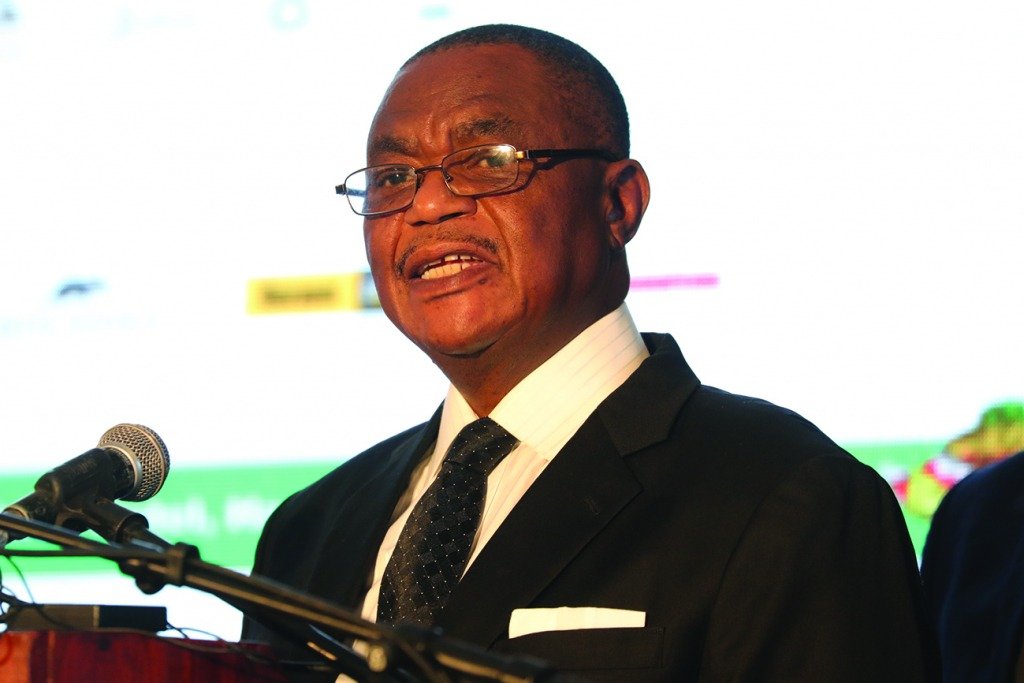Jasper Hloka
Vice President Constantine Chiwenga officially launched the Connect Africa Symposium where Captains of Industry and the Manufacturing sector deliberated on the strategies to make African economies self-sustaining.
The symposium was held under the theme ‘Reimagining the future, a united Africa, a prosperous Africa.”
In his keynote address VP Chiwenga echoed that the sole purpose for Connect Africa was to make Africa a global competitive continent in terms of trade. He remarked that “Connect Africa is Zimbabwe’s recognition of Africa’s conventional wisdom that if you want to go fast, go alone but if you want to go far; run together.”
VP Chiwenga added that if properly managed, Africa’s natural resources would sustain the continent as he indicated that the continent remained the most rich in the world in terms of natural resources most of which are yet to be harnessed.
“It is for this reason that we must expeditiously implement Africa Free Trade Areas (AFTA). As Africans we need one economic front and one political voice, let us realize this goal under the hallmark of Ubuntu.”
He further stressed that the key lessons for the endeavor came with COVID-19 which showed the continent that not much can be achieved in isolation.
VP Chiwenga added that, “continents prioritize their people first, we were left on our own, we must work hard for ourselves; I am because we are.”
On her part, Minister of Industry and Commerce Dr Sekai Nzenza quoted Walter Rodney’s ‘How Europe under developed Africa’ to argue that the West relies on Africa for most of its resources. She reiterated that the only problem with Africa was logistics hence the need to embrace technology and a digital economy to improve of manufacturing
United Nations Economic Commission for Africa (UNECA) representative Batsirai Chikwene commended AFTA before recommending the inclusion of women and the youth in the economic blueprint. Chikwene pledged continued UNECA’s support by way of robust research and capacity building for African economies. He concluded by advising that “trade comes at cost, so government must be prepared to part ways with significant sums of money.”
The 2022 ZITF has been punctuated by calls to improve on manufacturing which was identified as a major missing link in the growth of supply chains in Zimbabwe’s economy.




